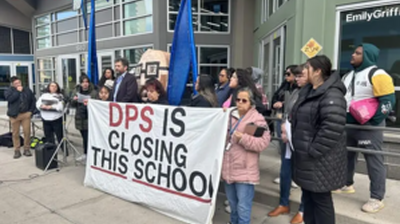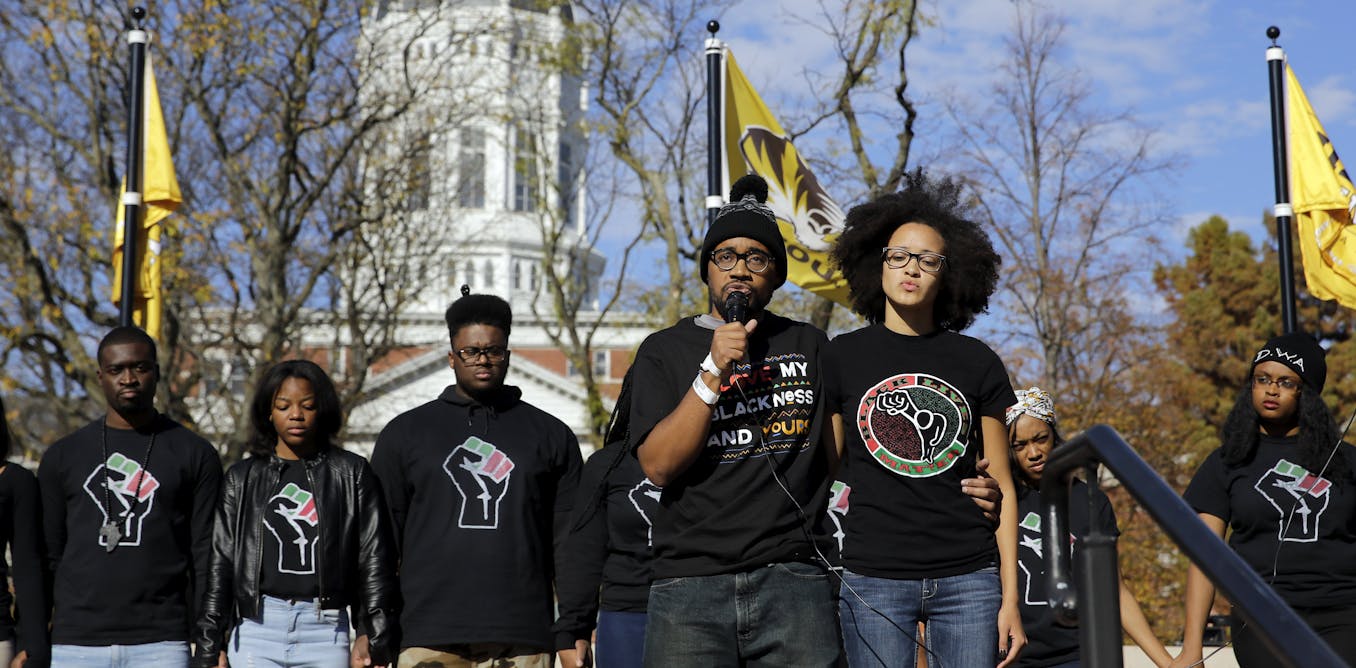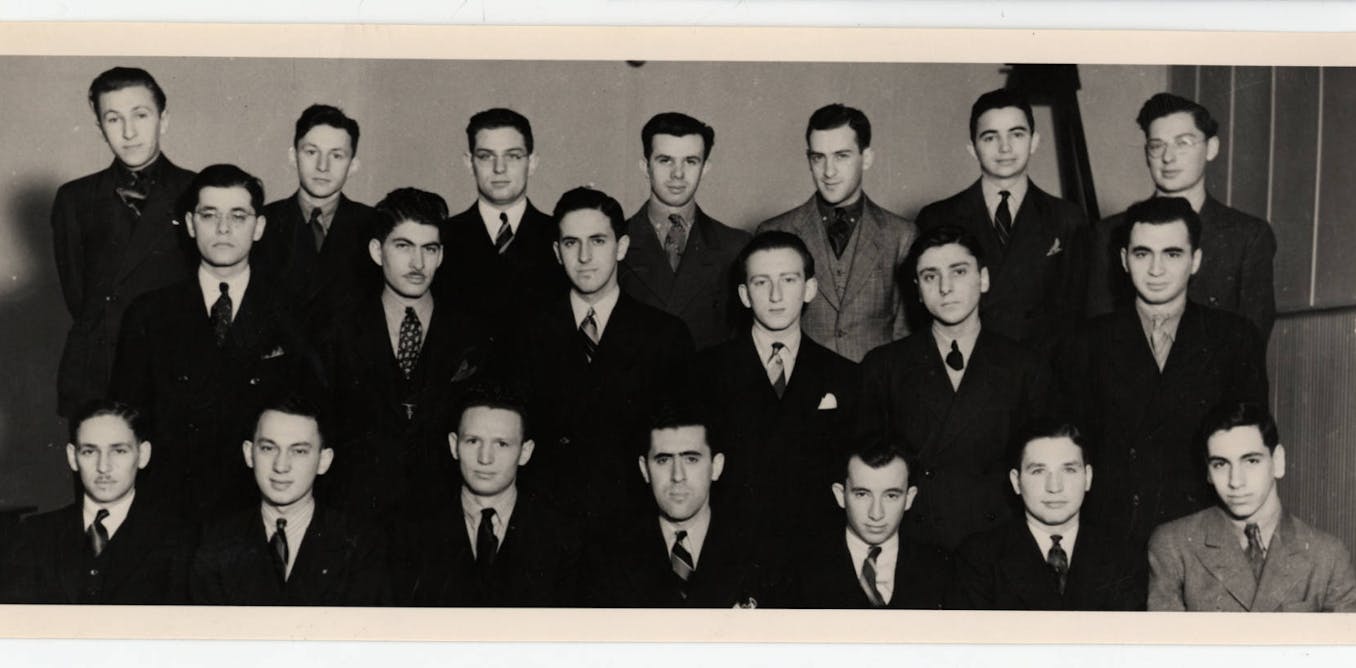Education
Future lawyers learn key lessons from studying poetry in parks in this course

Uncommon Courses is an occasional series from The Conversation U.S. highlighting unconventional approaches to teaching.
Title of course:
Poetry and Parks
What prompted the idea for the course?
I’ve often found poetry to be a good way to teach law students about the power of particular details, as well as the efficient elegance of compact language. At the University of Michigan Law School, where I am a professor of law, faculty are encouraged to create informal “mini-seminars” that meet in venues outside of regular classrooms.
So I designed a poetry course that Travels to different parks around campus. Each session lasts two hours, and we meet every other week.
What does the course explore?
The course explores the many connections between law and poetry, while also giving students a chance to spend time in some of the most inspiring spaces in Ann Arbor, including the college town’s beloved 128-acre Nichols Arboretum.
In one of the first classes, we focus on the role metaphor can play in advocacy. We pay special attention to the opening lines of Somali-British poet Warsan Shire’s “Home,” a poem that tries to capture the experience of being a refugee: “No one leaves home unless / home is the mouth of a shark.”
Later in the term, we use passages by Maya Angelou, Emily Dickinson and W.B. Yeats to experiment with a range of rhetorical techniques. Lawyers who are good with words are an extremely valuable commodity.
Why is this course relevant now?
Lawyers are, in many ways, professional writers. They get paid to produce sentences and paragraphs. If you can find something that increases their appreciation for and facility with well-crafted language, you can supercharge their skills as advocates and significantly improve their career prospects.
Plus, regular trips outside can stave off the burnout that often comes from long hours in lecture halls and libraries.
What’s a critical lesson from the course?
Word order can be just as important as word choice. The late Justice Ruth Bader Ginsburg said she first learned this lesson when she was an undergraduate at Cornell University. There, she took courses in European literature taught by Vladimir Nabokov, who began his career as a poet before becoming a famous novelist.
My students now learn it by parsing the poems of many of Nabokov’s contemporaries. Carl Sandburg, Marianne Moore, Elizabeth Bishop, Wallace Stevens and E.E. Cummings have all made the list.
What materials does the course feature?
Before each class, I send out a collection of poems tied to some law-related theme: Education, transportation, having or losing a job.
I also give students the opportunity to suggest poems they particularly enjoy. Examples have included “Famous” by Naomi Shihab Nye, “Sonnet VII” by John Keats and “Aimless Love” by Billy Collins.
The best syllabi, I’ve found, are the ones that teachers and students co-produce.
What will the course prepare students to do?
Through this course, students should see language – and their surroundings – in a new way. Students have also told me that the course has helped them improve how they read and write everything from contracts to grant proposals to appellate briefs. Poetry can power many different forms of persuasion.
-

 Education1h ago
Education1h agoParents, lawmakers make last-ditch plea to school board to halt Denver closures
-

 Education3d ago
Education3d agoColorado schools commit to protecting students ahead of potential mass deportation
-

 Education1w ago
Education1w agoSocioeconomic status explains most of the racial and ethnic achievement gaps in elementary school
-

 Education1w ago
Education1w agoMothers, metaphors and dyslexia: What language reveals about the challenges of a child’s learning disability
-

 Education1w ago
Education1w agoBrain-training games remain unproven, but research shows what sorts of activities do benefit cognitive functioning
-

 Education1w ago
Education1w agoRacism is such a touchy topic that many US educators avoid it – we are college professors who tackled that challenge head on
-

 Education1w ago
Education1w agoHere’s what happens when a school is located near a cannabis dispensary
-

 Education1w ago
Education1w agoHow the Taliban are seeking to reshape Afghanistan’s schools to push their ideology





















